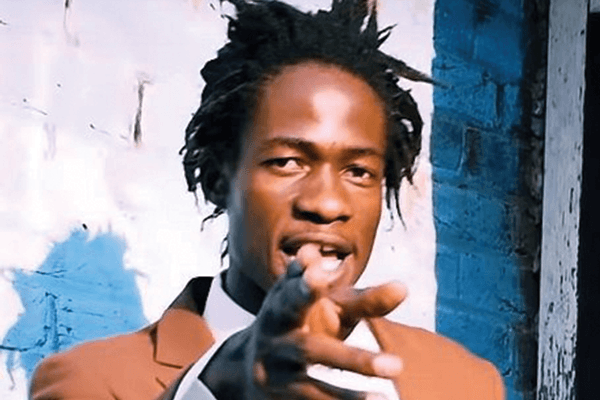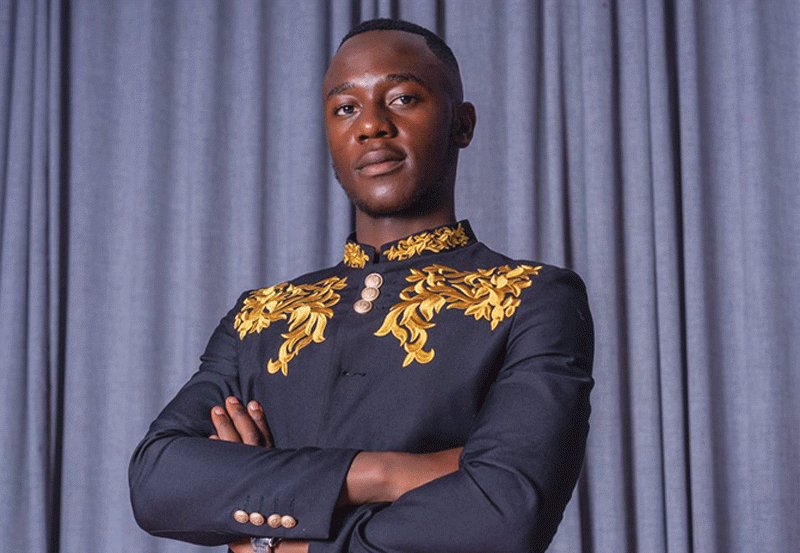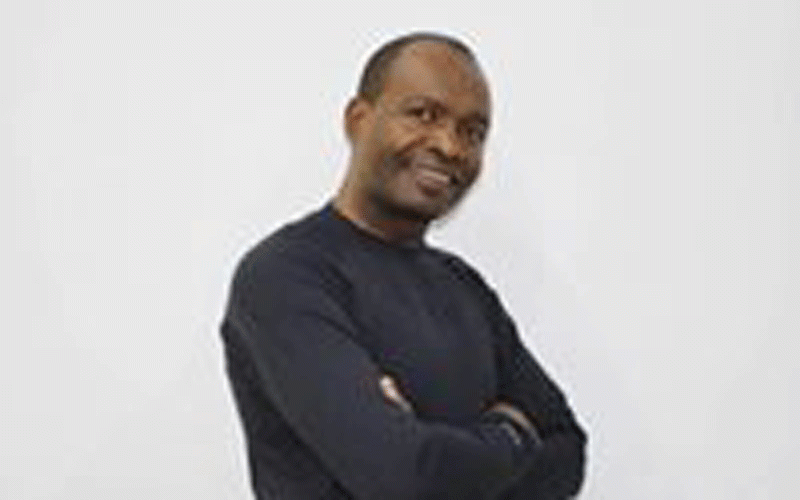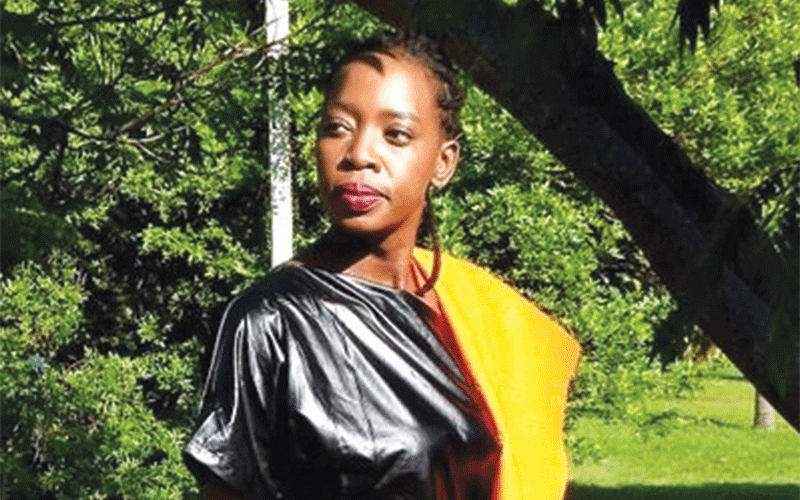

Soundtrack: Tapiwa Gengezha
ZIMDANCEHALL has become so powerful and popular as a music genre among local youth, even overshadowing other traditionally dominant music forms such as sungura, jazz and urban grooves, all of which have had their time in the sunshine over the past years.
The new genre, born out of ghetto youthful frustrations over lack of opportunities against the backdrop of a contracting economy, secured significant traction and birthed promising stars in the mould of Winky D, Soul Jah Love, Enzo Ishall, Seh Calaz and Tocky Vibes, among others.
Although these golden picks have been able to carve out a life out of their music and develop the art form by dealing with issues affecting young people, including drug abuse, violence, sexual abuse and unemployment, others have merely produced music that does not add any value to society.
This is where you have feel-good, narcissist songs about how one is living the high-life and blowing their money on luxuries and women.
Such themes do not add any value to the obtaining situation in Zimbabwe, while others have sought to build their names on singing songs with explicit sexual content, openly promoting sex among the youth. This is irresponsible music in light of the national fight against HIV and Aids, and cannot last the distance as a valuable form of art.
It’s high time artistes started addressing societal issues that really affect us and use them as a tool for social commentary, action and change. We want informative, educative and inspiring music which will bring positive change in our hearts, minds and lives like the lyrical content on Jah Master’s song, Mabond. It is so deep in addressing the situation we are going through as a nation.
The song is themed around how prices of basic commodities are skyrocketing daily, impoverishing the ordinary people. The song connected with many ordinary Zimbabweans as they could identify with its content.
- Chamisa under fire over US$120K donation
- Mavhunga puts DeMbare into Chibuku quarterfinals
- Pension funds bet on Cabora Bassa oilfields
- Councils defy govt fire tender directive
Keep Reading
I remember speaking to one celebrated Zimdancehall star, and he was very frank with me on why he was not keen to address contemporary social, economic and political themes in his music. He said: “What sells these days is ignorance and that’s what people want, and when you start addressing those (important) issues, your music will not be played on radio stations, especially when you sing about political and economic issues. What’s important for me is putting food on the table for my family than putting my life in danger.”
We can use Tocky Vibes as an example. Tocky recently released a single track titled Zvitori Nani, inspired by incidents of brutality on civilians by the army and police during the shutdown protests which rocked the country in January this year. His wife and manager were also caught up in the fracas, forcing the musician to compose the track which resonated with many citizens who were caught up in the chaos.
But music should be above everything because it defines who we are as a people. An artiste should be fearless and courageous, expressing the sentiments of society without fear or prejudice.
An artiste functions as a voice of the voiceless just as Thomas “Mukanya” Mapfumo has done; the mirror and reflection of society. Musicians are storytellers who should address the things that affect us, while rallying young people to make positive contributions to the development of their societies.
I urge Zimdancehall chanters to take enough time to listen to their lyrical content before taking it to the people. Learn from the late national hero, Oliver “Tuku” Mtukudzi, whose music not only provided entertainment, but also addressed pertinent political, social and cultural issues, including themes on inheritance, the environment, hard work, peace and tolerance.
It is not necessary to use music as a tool to fuel violence and unbecoming social conduct. Let us embrace each other and work together for future generations.
Tapiwa Gengezha is a music critic. He writes in his personal capacity.











